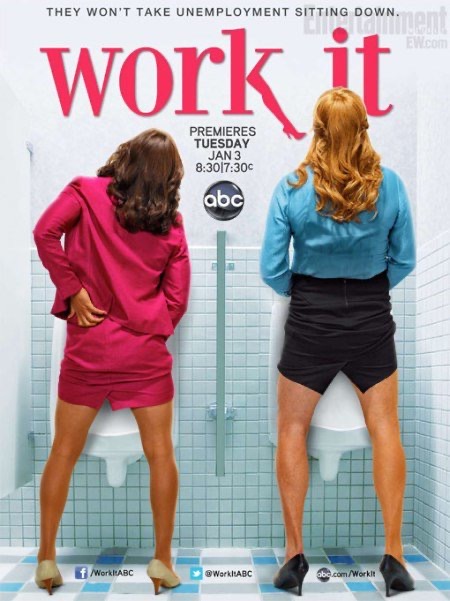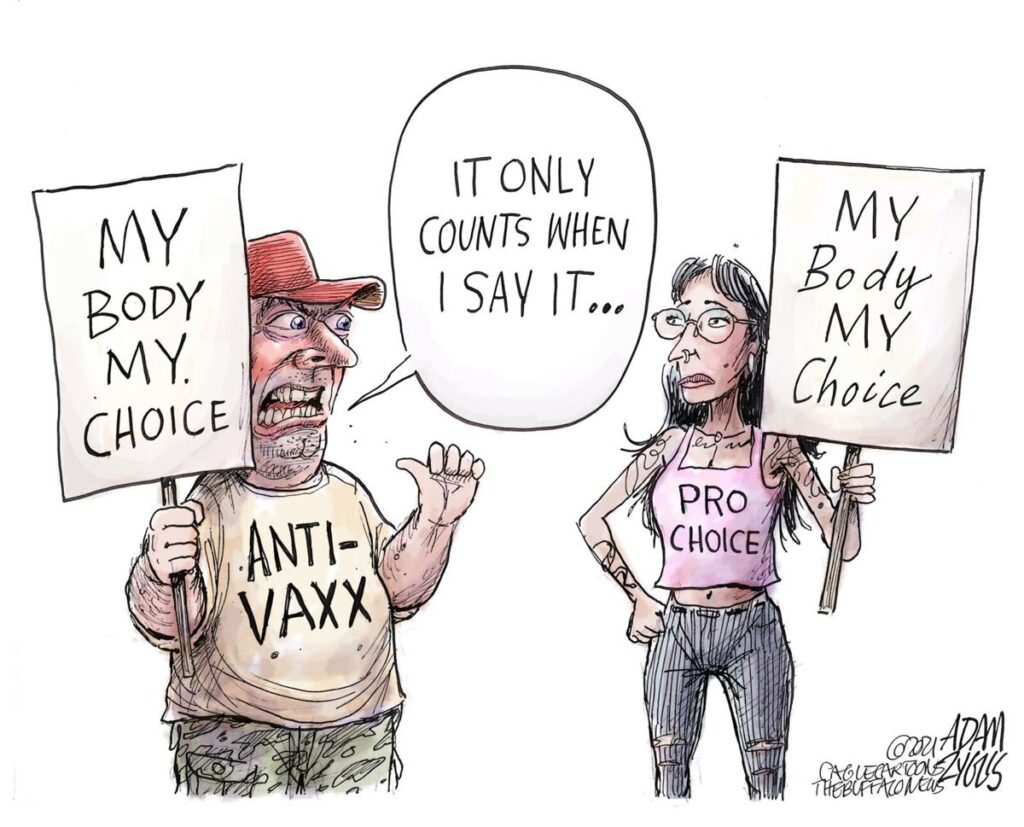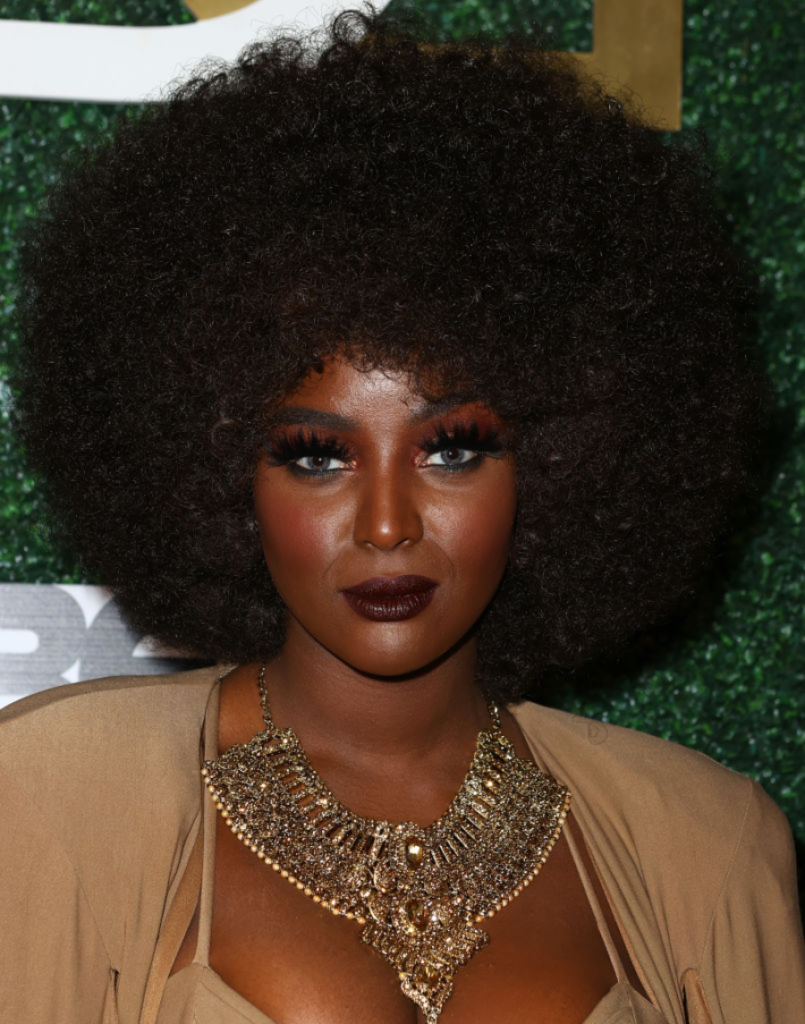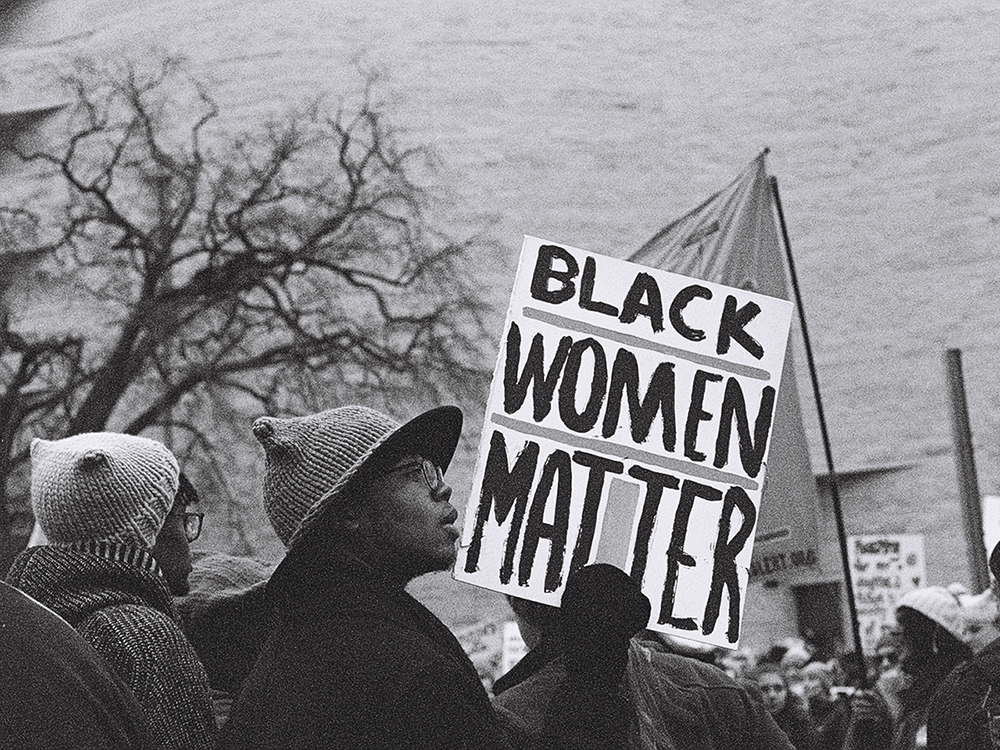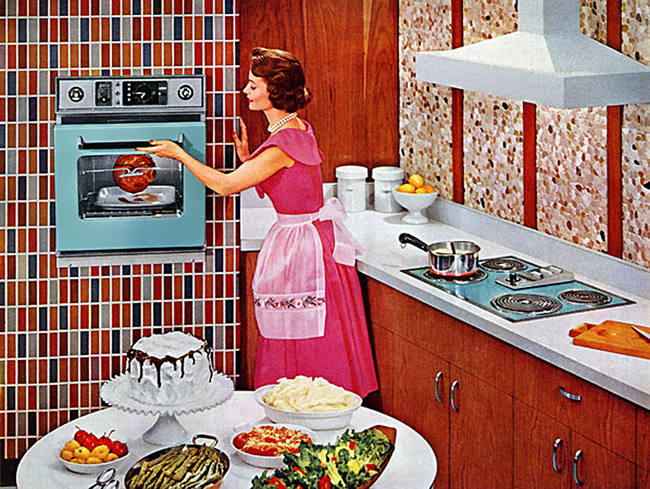I wanna start by talking about Shavoya Easy’s snapshot 12 which says “Trans rights are human rights” because I know many people don’t see it that way. Trans people are fighting for their lives quite literally and the narrative is that transgender people are a threat to cis lives. They’re fighting for the right to live, access to healthcare, employment, corrective representation, and simply to be recognized and treated like a human being.
Disclosure tackles transphobia in media and how portrayals of trans people teach the masses how to view, react and treat trans people, it also disastrously affects the way trans people view themselves. Media is very powerful and people often underestimate its influence. In the film it said 80% of Americas don’t know a trans person personally so much of their information about trans people comes from the media. And with films pushing stereotypes such as trans serial killers, trans sexual predators, and the butt of jokes it’s no wonder transgender people are viewed as monsters and a laughing stock. It’s dehumanizing. There’s a long history of terrible trans representation, the obsession with trans people is hella weird. What’s even weird and honestly disgusting is the trope of male comedians dressing up as women. Disclosure talks about how it’s a “rite of passage” for cis-het Black male comedians to gain mainstream recognition in white society. It’s a layered thing where Black men sell out themselves by playing into their own “emasculation”, playing into disparaging mammy and sapphire stereotypes of Black women and presenting trans-ness as a game of dress up. It’s anti-black, sexist and transphobic all in one. Transphobic representation often comes with homophobia, sexism and racism, they are all intertwined, which is why the fight for trans rights is all our fights.
It was very heartbreaking to hear the trans people in this film talk about how these horrendous depictions affected their self esteem. When you have no personal trans person in your life to give you guidance and when you see yourself on tv being depicted as monstrous disgusting things, how can you not believe those things. How does one love themselves when media, loved ones, and society is telling you, you’re repulsive? That’s very damaging to one’s mental health. We don’t talk enough about trans mental health and that needs to change.
We need to recognize trans people are human, humans who are suffering so greatly at the hand of silly gender constructs that don’t even serve cis women or men. I try my best to be an ally to the trans community. It’s takes constant education and conversations with people in your lives. An old friend from middle school came out as a trans woman recently and I told them I’m glad they’re living in their truth. I know how much she struggled when she was being bullied for “being gay” and how much she didn’t really identify with that term. Trans people are not mythical creatures they’re our friends, family, coworkers, classmates, people. Have a some compassion. I had to threaten to not be friends with someone after they used a transphobic slur that I previously educated them against saying, and they got their act together. Had to explain to a high school friend that trans women are not appropriating womanhood. Have to catch myself when I think or say borderline transphobic or trans exclusionary things.Educate yourself, educate others, allow time to learn and be patient with people but also let them know you have zero tolerance for that shit. Normalize defending trans people.
The last thing I want to touch on in Disclosure is their closing statement that representation isn’t the end all be all but rather a means to reach the trans community in an uplifting way and to educate the masses. It’s not just important that trans people are visible on screen but also that they are in the writing rooms and the work continues outside of the acting world. Trans people in the streets need protection and opportunities like the ones onscreen. Legislature, economic access and equity, as well as redefining masculinity and dismantling the gender binary are all components that go into working towards trans liberation.
